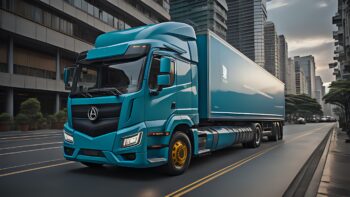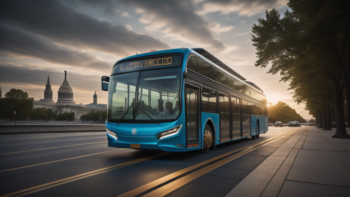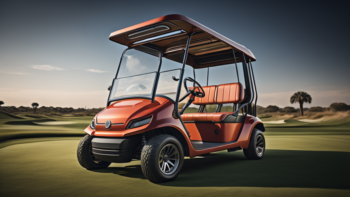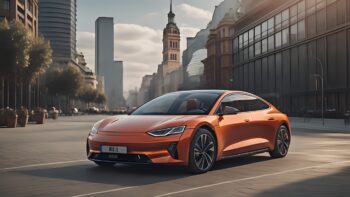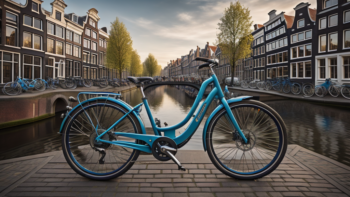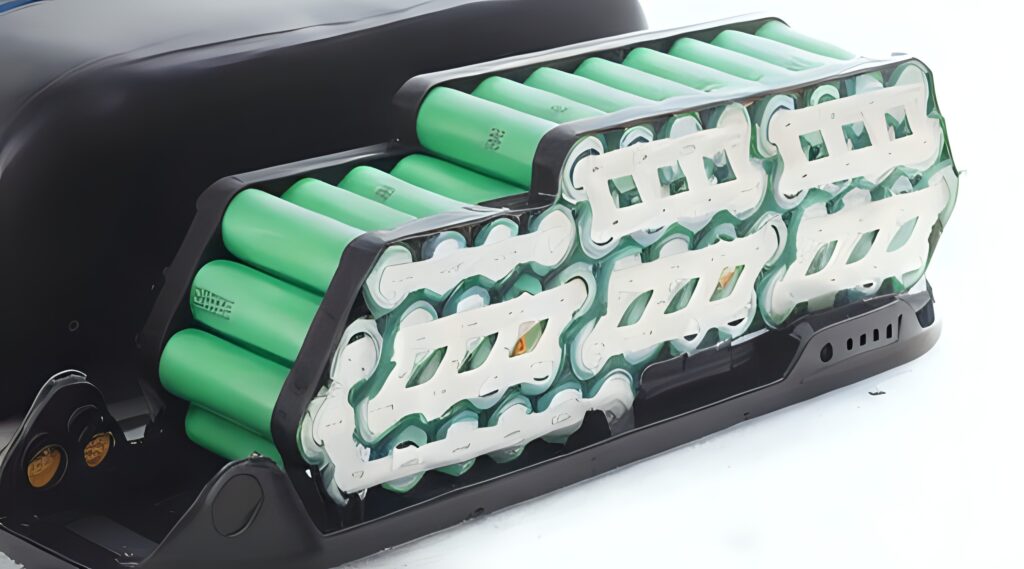
Electric Scooter Battery
Listing Category by product
Electric scooter battery manufacturers
Global electric scooter battery manufacturers are driving innovation with advanced battery technologies. Specializing in lightweight, high-capacity batteries, these companies are revolutionizing last-mile transportation solutions. With a focus on energy efficiency and longevity, they are enabling the widespread adoption of electric scooters, offering commuters a convenient, eco-friendly, and cost-effective alternative for navigating congested city streets.
Exploring electric scooter battery
The electric scooter battery is the heart of electric scooters, providing the necessary power for propulsion and enabling eco-friendly urban mobility. Here’s what you need to know about electric scooter batteries:
- Lithium-ion chemistry: The majority of electric scooters utilize lithium-ion batteries due to their high energy density, lightweight design, and long lifespan. These batteries offer the best balance between performance, weight, and cost, making them ideal for powering electric scooters.
- Voltage and capacity: Electric scooter batteries come in various voltages and capacities to meet the diverse needs of riders. Common voltages range from 36V to 72V, while capacities typically vary from 10Ah to 30Ah or more, depending on the scooter model and intended usage.
- Range and performance: The range of an electric scooter depends largely on the capacity and efficiency of its battery. Higher-capacity batteries can provide longer ranges, allowing riders to travel farther on a single charge. Additionally, the performance of an electric scooter, including its acceleration and top speed, is influenced by the power output of the battery.
- Charging infrastructure: Electric scooter batteries can be recharged using standard AC outlets or dedicated charging stations. Charging times vary depending on the battery capacity and charger specifications, with fast chargers capable of replenishing the battery in as little as a few hours.
- Maintenance requirements: Electric scooter batteries require minimal maintenance compared to internal combustion engine scooters. However, periodic checks and maintenance, such as ensuring proper connections and keeping the battery clean and dry, are essential to ensure optimal performance and longevity.
- Environmental impact: Electric scooter batteries contribute to reducing air pollution and greenhouse gas emissions compared to traditional gasoline-powered scooters. By eliminating tailpipe emissions, electric scooters help improve air quality and reduce the environmental footprint of urban transportation.
- Cost considerations: The cost of electric scooter batteries varies depending on factors such as battery chemistry, voltage, capacity, and brand. While lithium-ion batteries are initially more expensive, they offer lower operating costs and longer lifespans compared to lead-acid batteries.
- Innovation and future trends: Ongoing advancements in battery technology aim to improve energy density, charging speed, and overall performance of electric scooter batteries. Innovations such as solid-state batteries and smart battery management systems hold promise for enhancing the efficiency and range of electric scooters in the future.
Electric scooter batteries play a crucial role in powering electric scooters and facilitating sustainable urban transportation. With their high energy density, range capabilities, and environmental benefits, electric scooter batteries are driving the transition towards cleaner and more efficient mobility solutions in cities worldwide.

